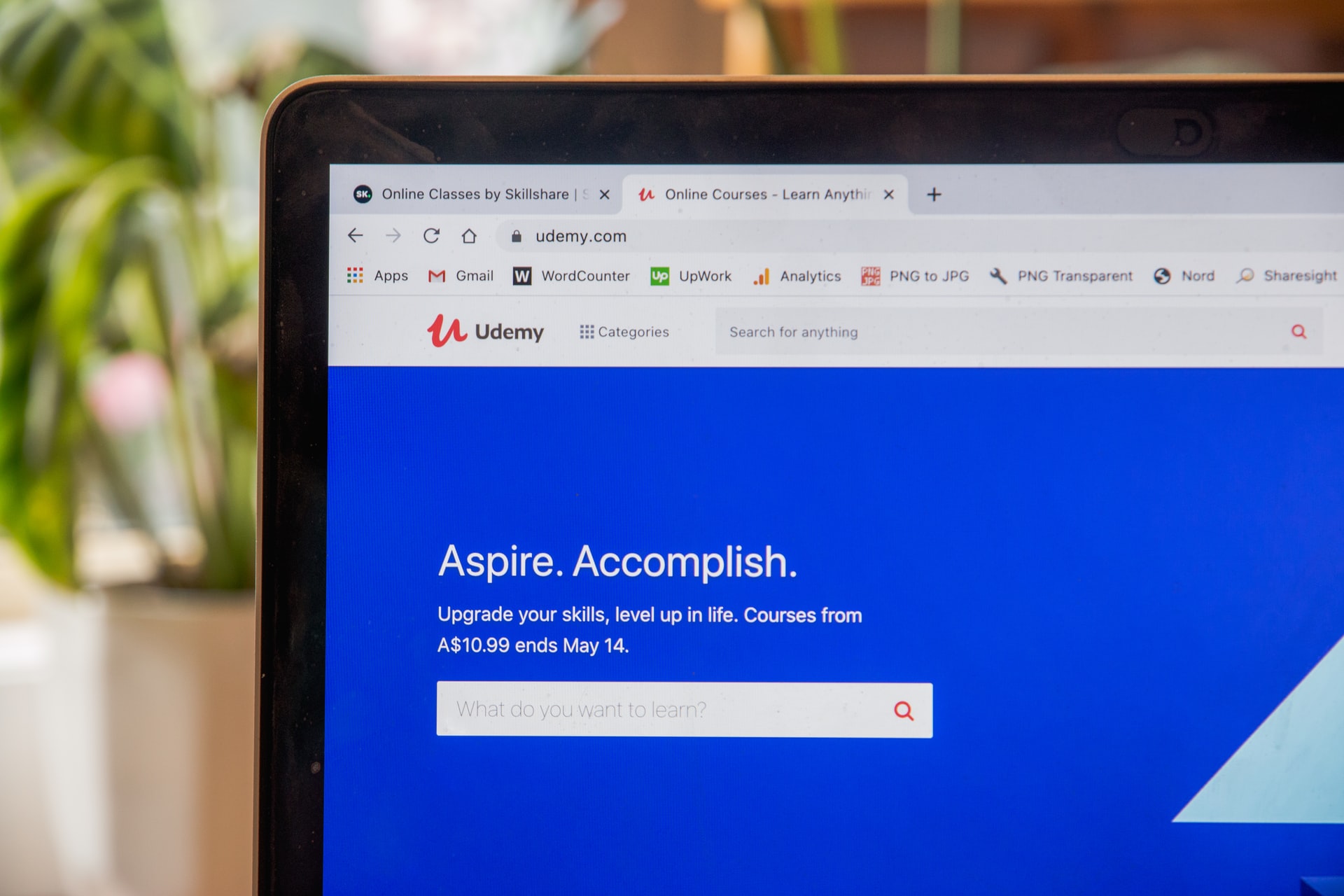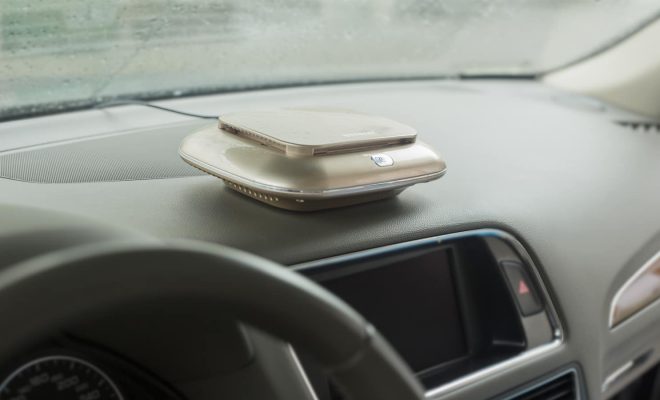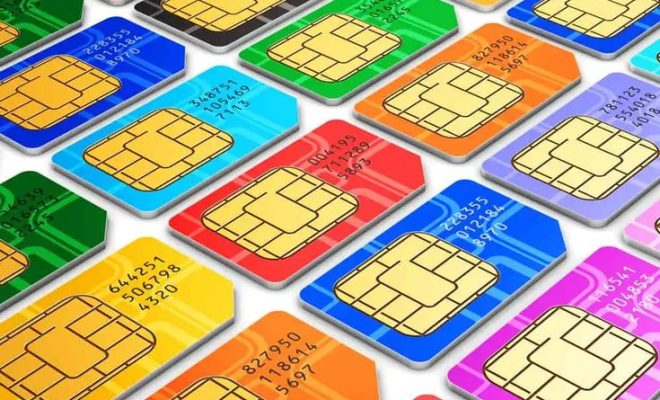The 3 Key Ingredients for Mobile Learning Success

With everything that’s happened over the past year alone, teachers have had to make many adjustments – both great and small – to maintain a high standard of education. This has meant going back to the proverbial (and sometimes literal) drawing board and completely remodeling lesson plans in some cases.
Of course, the fundamentals are still there. There’s still a lot of emphasis on the teacher/student relationship, though it’s become more digitized. Teachers are still the same people, and much of the changes they’ve made are more mechanical than anything else – the core philosophies and motivations are still there, unaltered and unchanged.
If you’re an educator who may be struggling with the implementation of mobile learning, this article is for you. We’re going to highlight three critical ingredients for success in this matter, and we’re sure that, by the end, you’ll see that not much has changed. If this sort of thing sounds like it’s right up your alley, then you’ll want to get connected with like-minded educators. Doing so has never been easier than with Pedagogue. Sign up now to get connected straight away. Before you go, though, read on to discover those three key ingredients we mentioned.
Ingredient #1 – Leadership
As a teacher, you’re already well-acquainted with leading a large group of people. When it comes to mobile learning, those same leadership values still apply. First, you need to have a clear idea of what you need to put in to get what you want out of it.
That means taking the initiative. You’ll need to develop your lesson plans with the same dedication you usually would, albeit while employing different methods and techniques. Rediscovering your leadership potential could be just what you need to put you on the path to mobile learning success.
Ingredient #2 – Strategy
The second key component of an effective mobile learning plan is the strategy behind it. We don’t just mean the “how” in how you go about things. An effective strategy also needs support, so you shouldn’t hesitate to share your plans with fellow educators, teachers, learners, and parents. This way, everyone can get on board before being thrown into the deep end, and you’ll find that more people will be responsive to your techniques.
Ingredient #3 – Expectation Management
Of course, leadership plus strategy doesn’t always equal success. Sometimes, it takes a few tries to get the ball rolling correctly, and you may find that your first few attempts are unsuccessful… and that’s okay. Part of managing your expectations also means you’re less likely to be disappointed or otherwise completely disillusioned. In other words, if at first, you don’t succeed, try, try again.
Concluding Thoughts
As you can see, the key ingredients for mobile learning success are also the key ingredients for teaching success, in general. Hopefully, you’re all set now. Remember to check out Pedagogue as soon as possible. If you’ve enjoyed this article, you’ll probably also enjoy this one.






